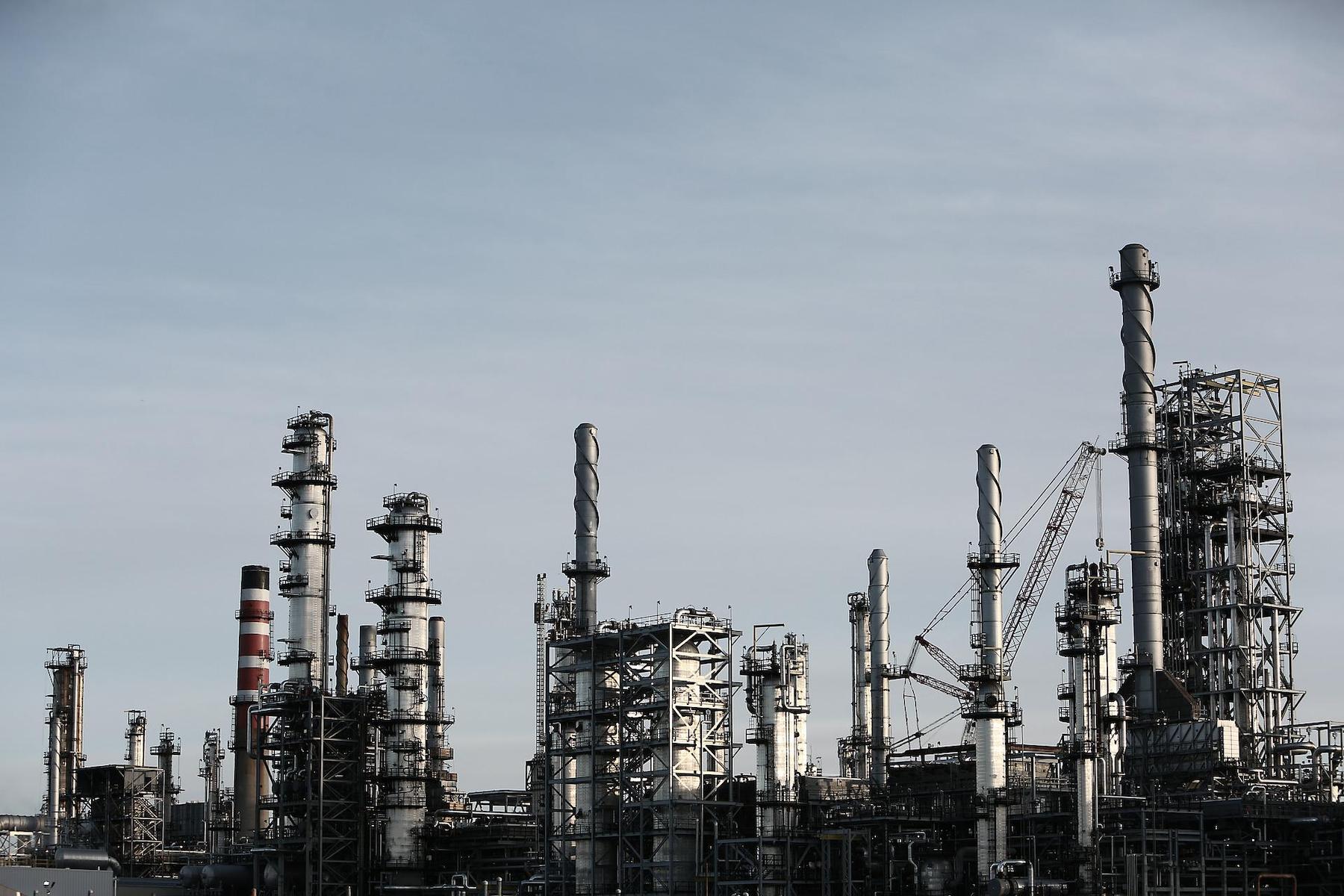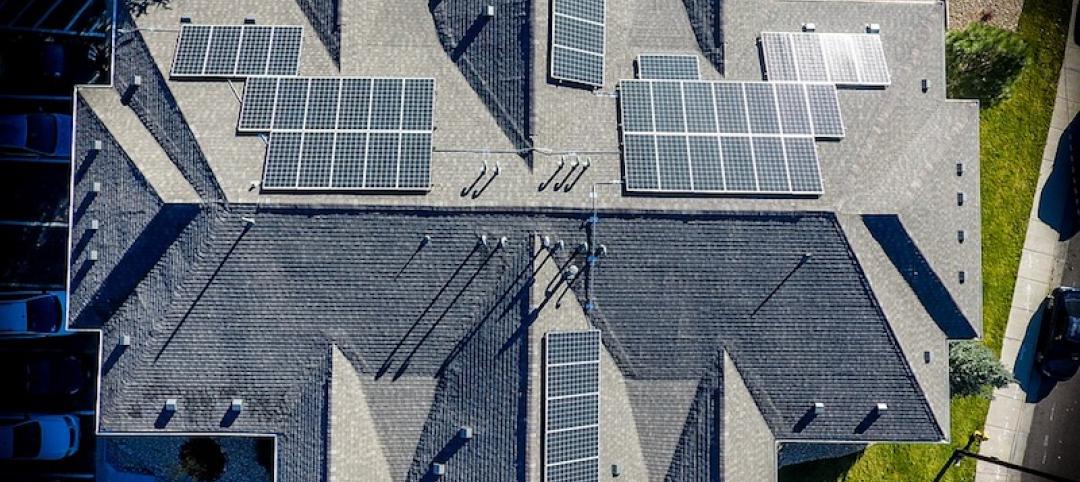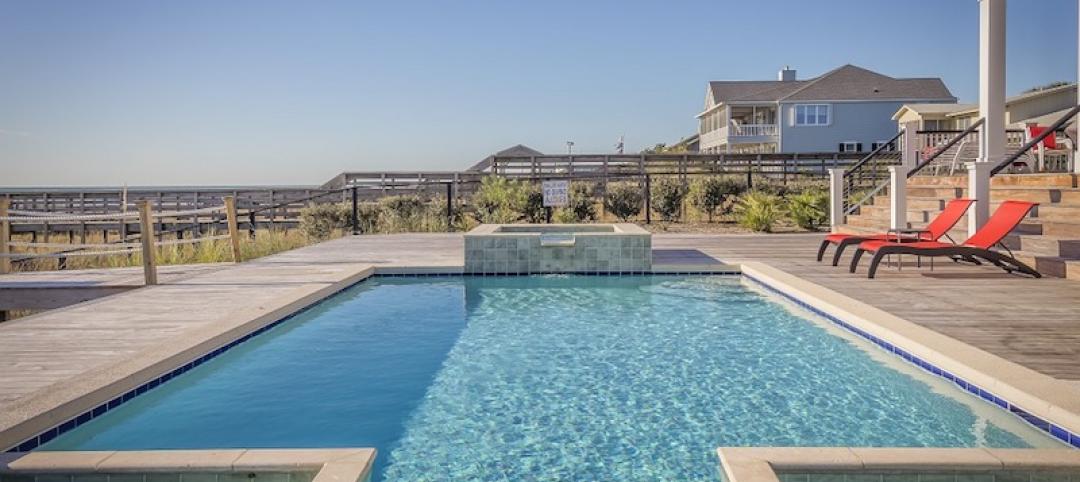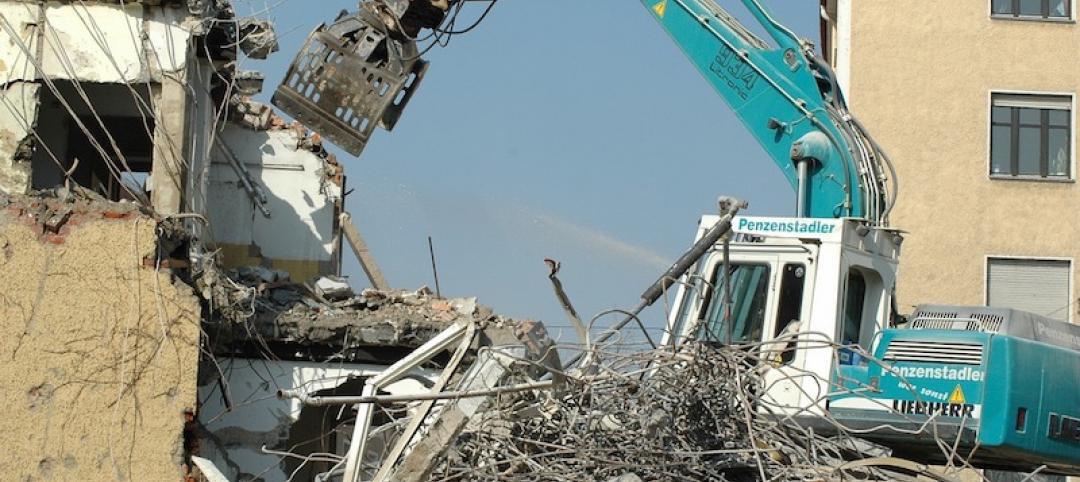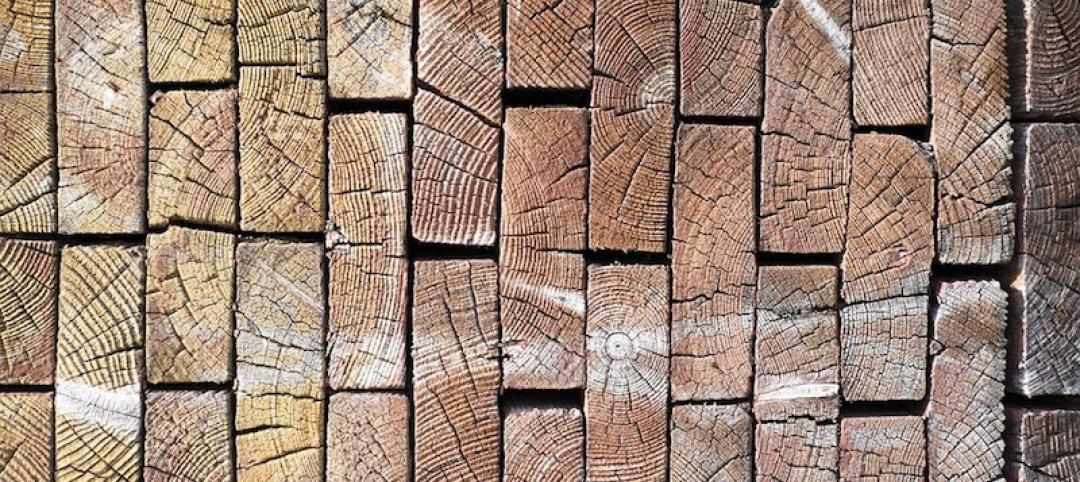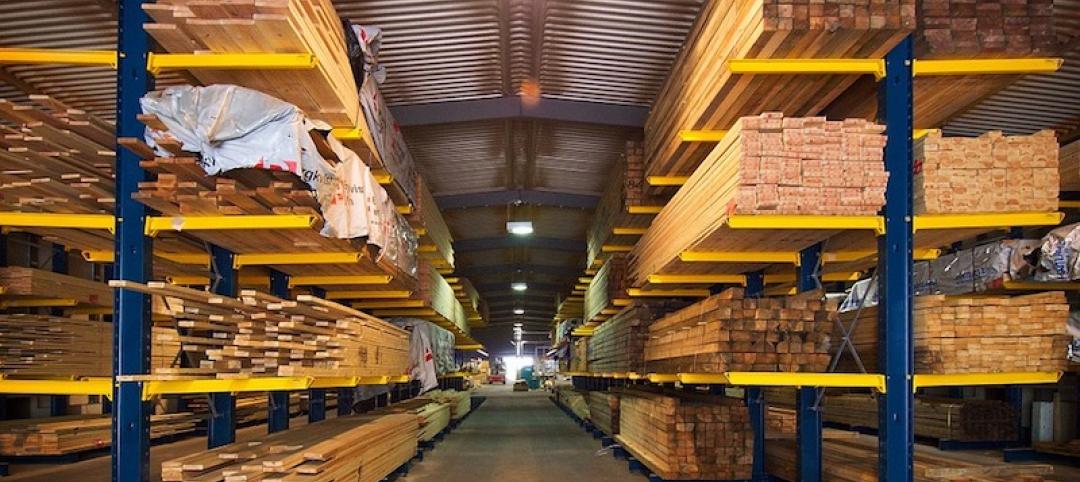The American Institute of Steel Construction has released updated environmental product declarations (EPDs) “to help designers and building owners design more environmentally friendly buildings and bridges,” according to an AISC news release.
The organization develops industry-average environmental product declarations (EPDs) for three products: fabricated hot-rolled structural sections, fabricated steel plate, and fabricated hollow structural sections (HSS)—the latter developed with the Steel Tube Institute. “These documents are designed to facilitate an accurate, apples-to-apples comparison of the structural materials on the market today,” the release says. These documents are updated every five years.
“Many people associate steel with old smokestacks and air pollution, but structural steel is now the premier green building material,” said AISC President Charles J. Carter, SE, PE, PhD. “Over the past three decades, the steel industry has reduced greenhouse gas and overall emissions by 36%. And the American structural steel industry is leading the way to a greener future with a carbon footprint nearly half the world average. By comparison, Chinese structural steel has three times the global warming potential of domestic steel.”
Many rating systems (LEED V4), standards (ASHRAE 189.1), green building codes (IgCC), and specific customers require the submission of environmental product declarations (EPDs) for products delivered to the project site. These EPD life-cycle assessments provide information on environmental impacts related to the manufacture of the product, including global warming potential, ozone depletion, acidification, eutrophication, and ozone creation.
AISC works with its mill members to develop industry average EPDs for structural steel produced in the United States. In addition to quantifying the impacts of the mill processes, the EPD work quantifies the industry average per ton environmental impacts of the fabrication process.
Related Stories
Codes and Standards | Sep 6, 2018
Coalition of mayors around the globe pledge net-zero buildings by 2030
New construction to produce as much energy as it consumes.
Codes and Standards | Sep 5, 2018
New White Paper on Metal Panel Fire Safety Released
Has detailed information for insulation, fire safety requirements in U.S., other countries.
Codes and Standards | Aug 31, 2018
Trade war could make adaptive reuse more attractive
Higher cost of building materials could make rehab a better financial bet.
Codes and Standards | Aug 30, 2018
Metrics should guide strategy for schools seeking LEED certification
Assessing current status helps direct where improvements can have greatest impact.
Codes and Standards | Aug 29, 2018
The 2018 IAPMO solar and swimming pool codes now available
For installation and inspection of public and private swimming pools, spas, and hot tubs.
Codes and Standards | Aug 28, 2018
New York’s green roof program needs reform
Despite incentives, few owners add vegetative roofs.
Codes and Standards | Aug 24, 2018
Resilience, sustainability emphasized in plans for new 23,000-acre city in the Philippines
“A backup for when Manila fails.”
Codes and Standards | Aug 23, 2018
Cities promote deconstruction of old homes with mixed results
Market factors complicate efforts to recycle material from old structures.
Codes and Standards | Aug 22, 2018
Oregon is first state to change building code to allow tall mass timber buildings
Statewide alternate method allows early technical consideration and approval.
Codes and Standards | Aug 21, 2018
First mass timber panel made from structural composite lumber gets APA certification
Said to be much more cost effective than CLT options.


